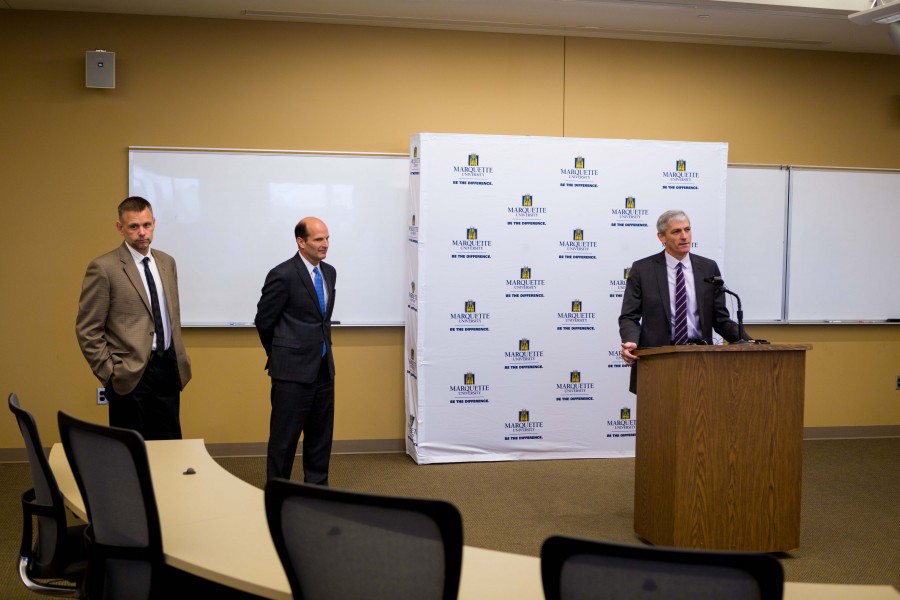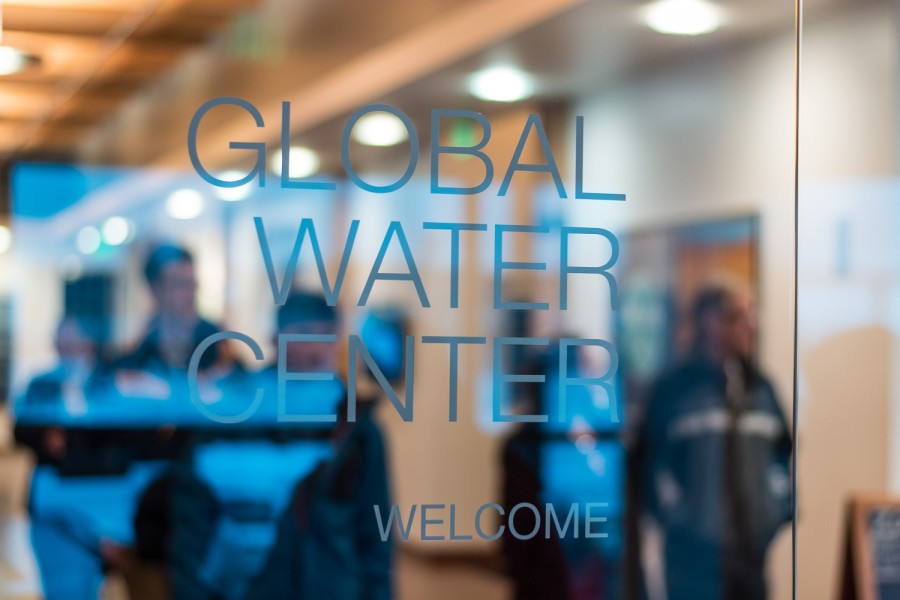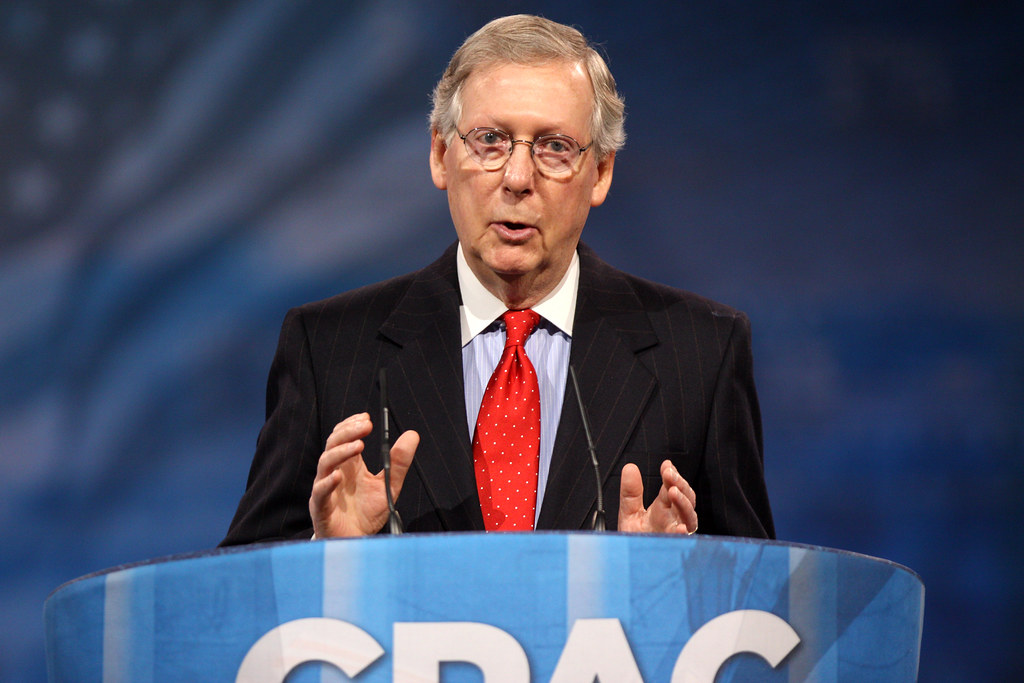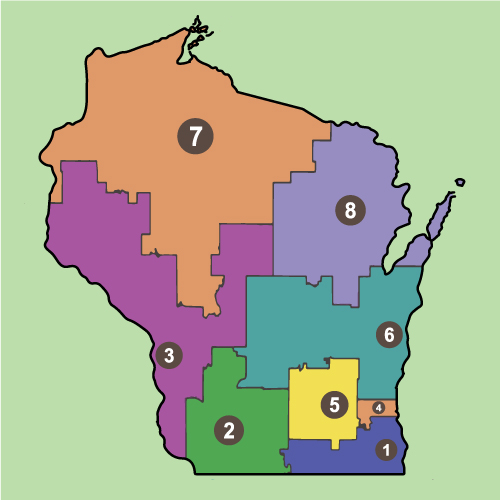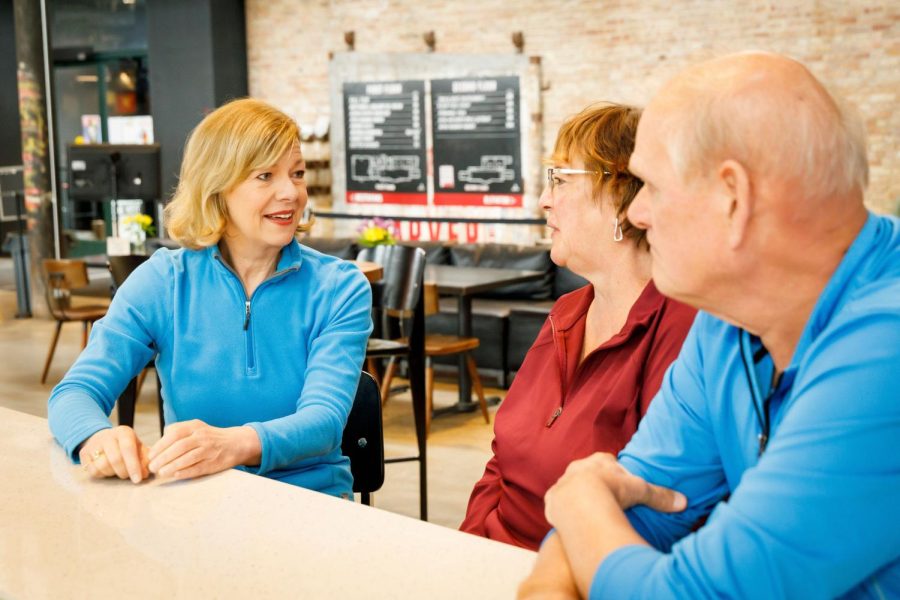University President Michael Lovell announced today that Marquette is co-leading a national initiative to advise the White House and Congress on water use in manufacturing.
Lovell made the announcement from the 6th floor of Milwaukee’s Global Water Center, where students, faculty and staff will work throughout 2016 to study three main concepts: how companies use and re-use water, how technology can make businesses more water-efficient and the water-related policies to best help American businesses compete in the future.
“Myself and Marquette University are very honored to be part of this initiative,” Lovell said. He will lead the initiative with Ajita Rajendra, the CEO of A. O. Smith Corporation, which manufactures residential and commercial water heaters and boilers.
Lovell and Rajendra are picking a team of people from their institutions and of experts from around the country to conduct the studies. Lovell said students from a variety of majors will be able to get involved, including engineering, sciences, law, ethics and business. The work starts January 2016.
“I believe our involvement really reflects Marquette’s position as a research institution,” Lovell said.
The end goal is to define America’s energy and manufacturing agenda, technology and policies related to water, according to a university news brief.
The initiative is funded by the American Council on Competitiveness, as part of its U.S. Energy and Manufacturing Competitiveness Partnership. Lovell said the initiative is spurred by a sense that American businesses are lagging in assessing their long-term access to a reliable water supply, which can affect how they compete.
Undergraduate and graduate students will work with the initiative for internship, research or course credit, depending on the course and professor.
This initiative is happening in addition to other Marquette water-related research that will continue to be done as university members move into the university-designated 6th floor of the GWC.
“The good thing about this space is that it’s flexible so we’re going to rotate projects through, pretty much on a year-to-year basis,” Lovell said about the GWC 6th floor. “At any one point in time we’ll probably have five or six different research projects going on.”


